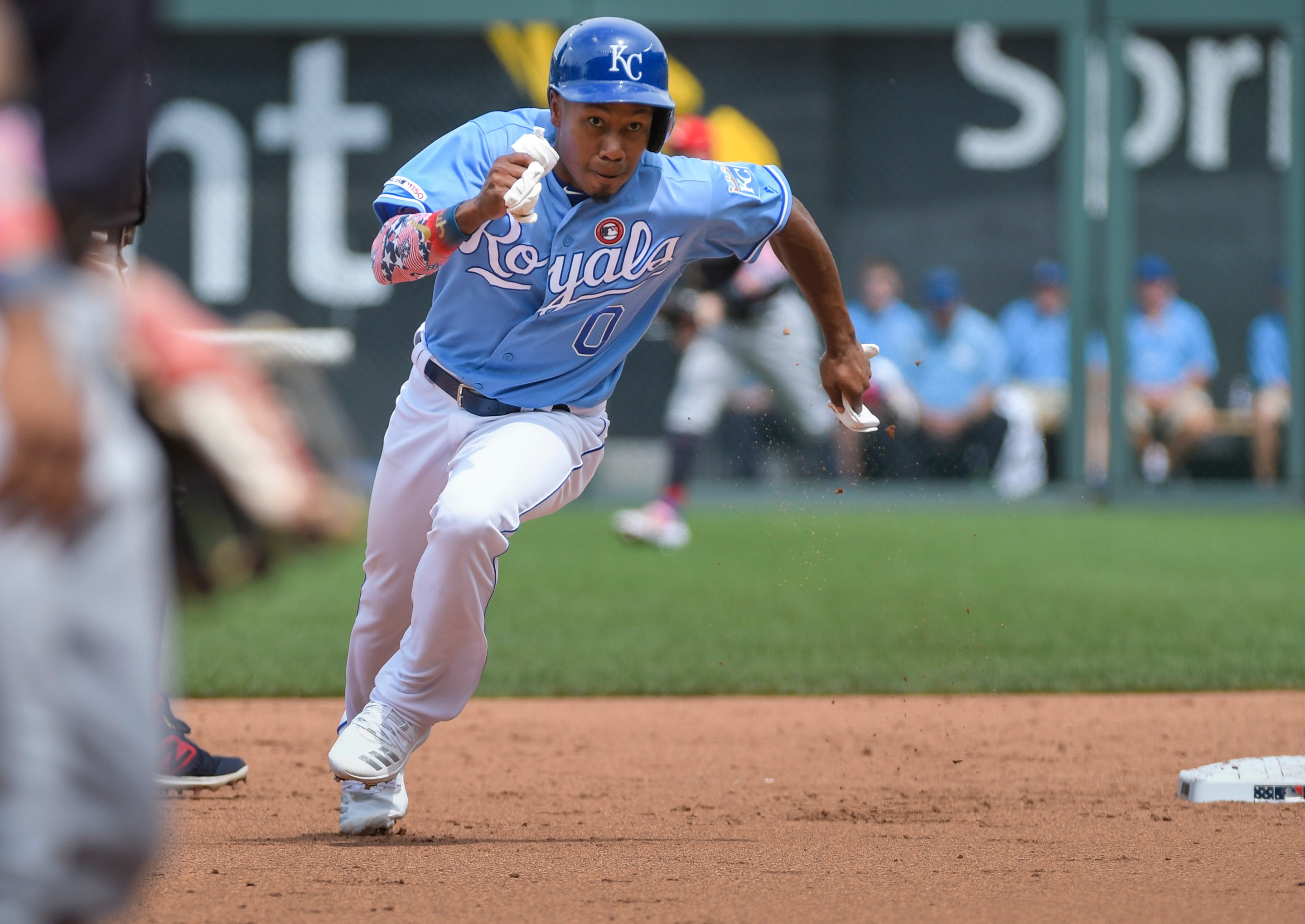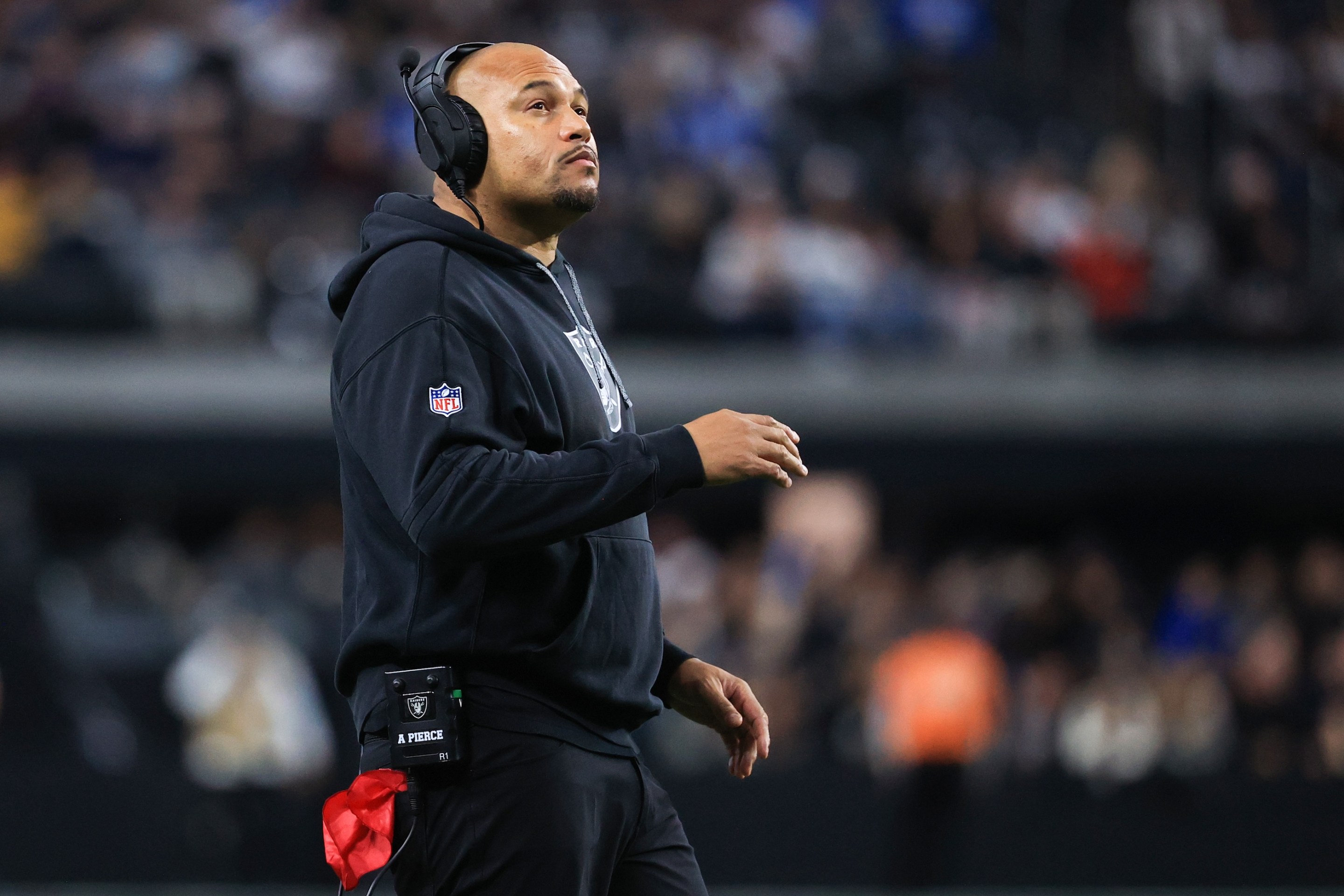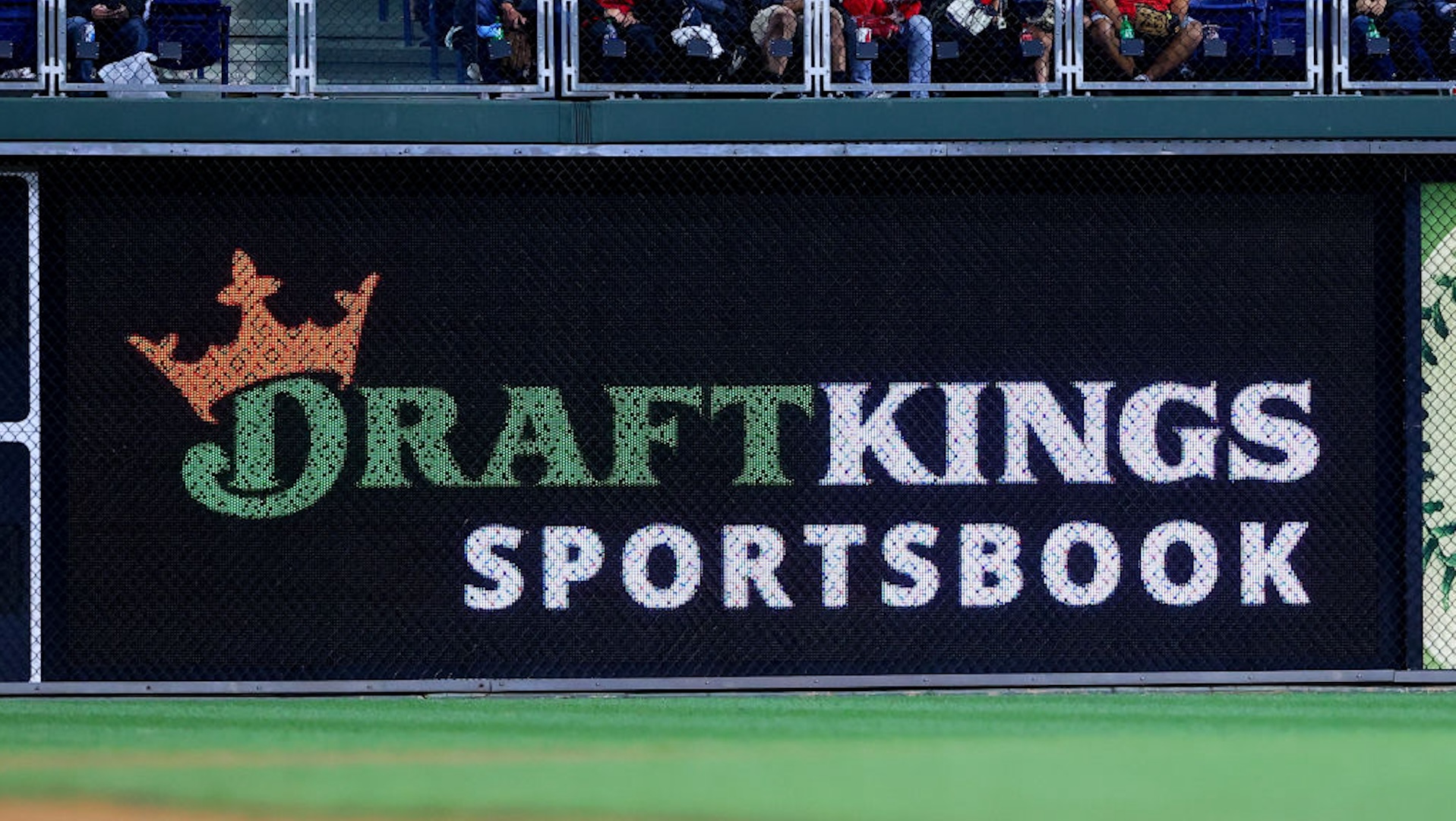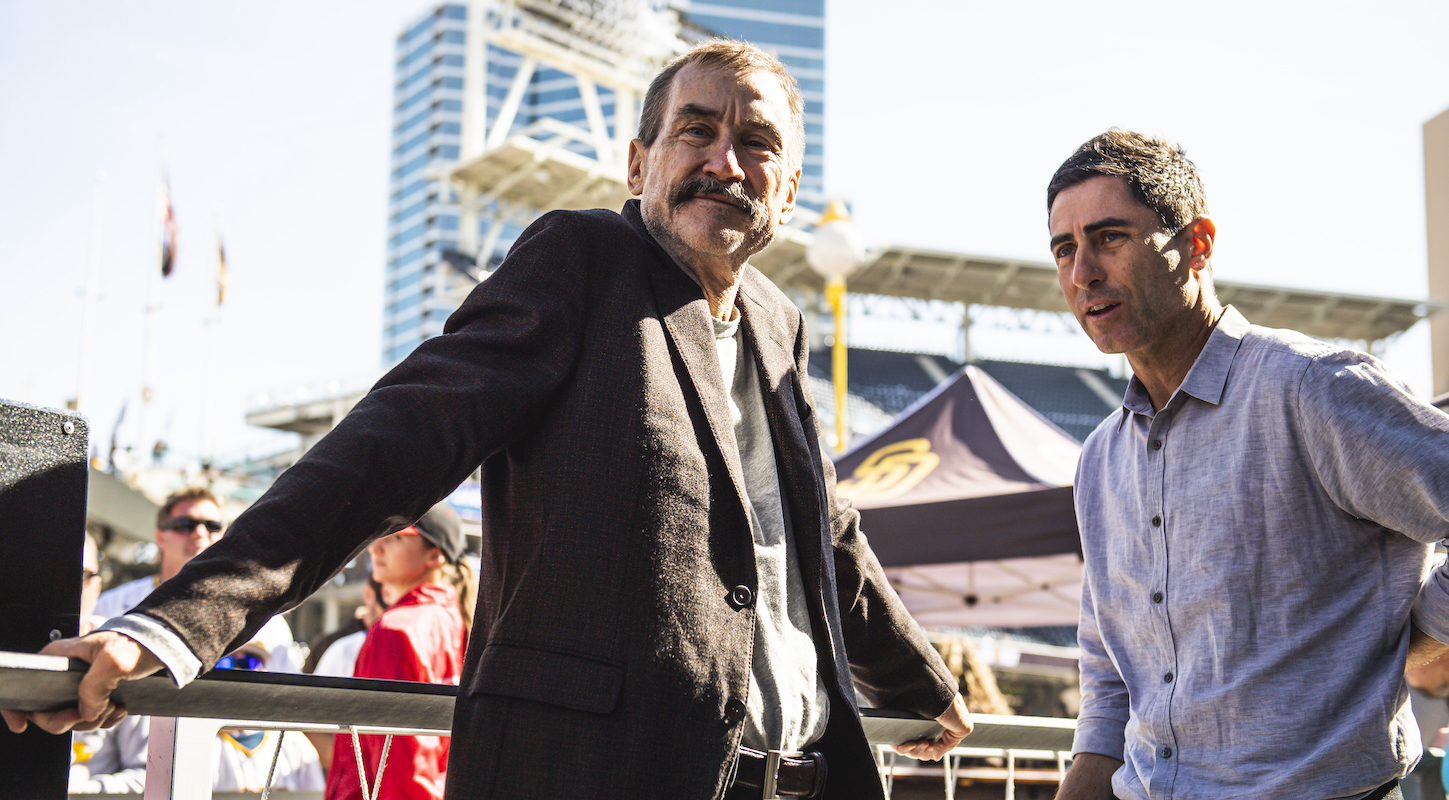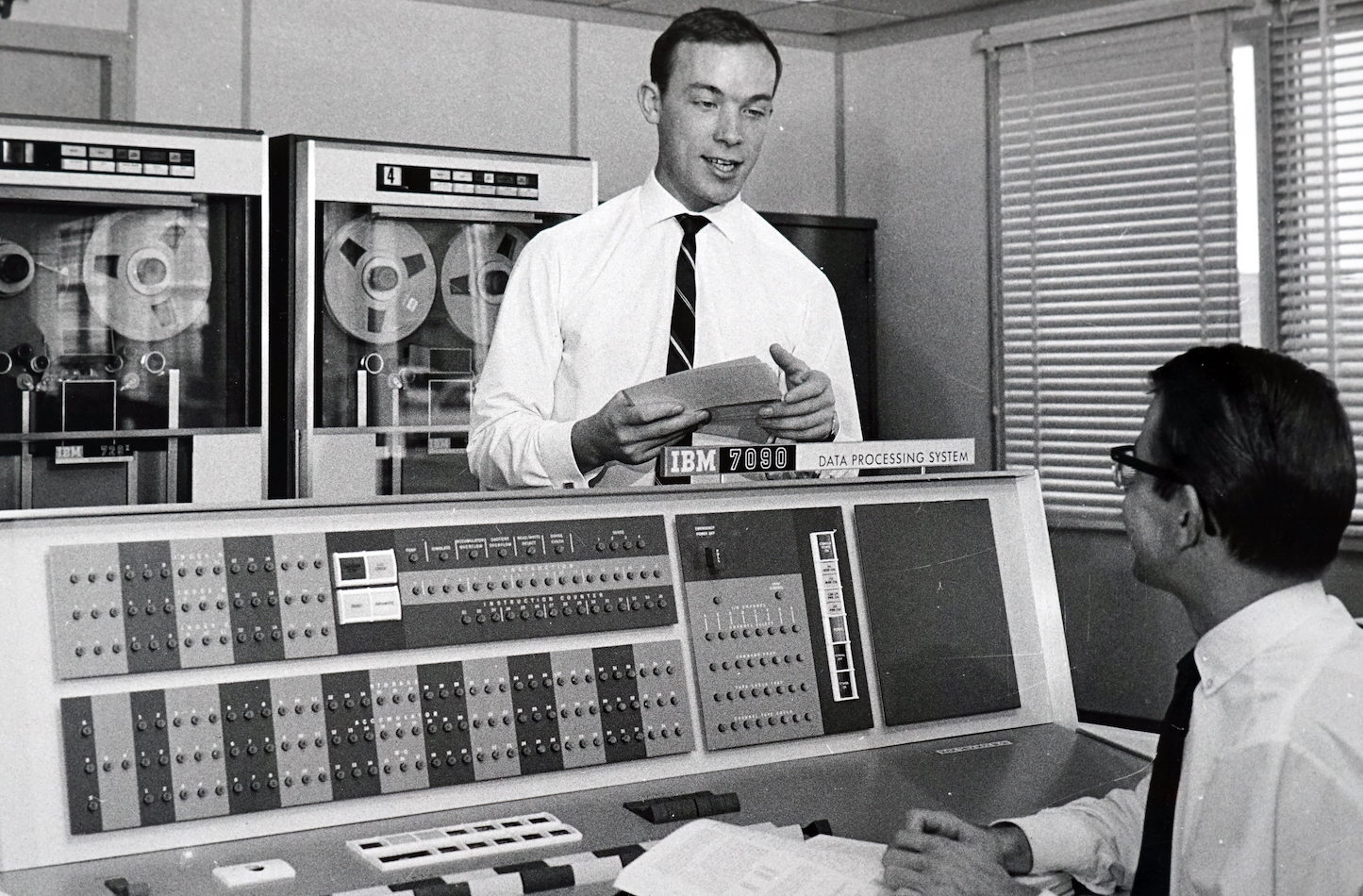The competition is blessedly intense, but Herb Washington's might be the strangest single player page on Baseball-Reference. It's an accurate reflection of Washington's big-league career, in that respect, but it's still strange to behold in its lopsidedness. Some decently big numbers in a few columns are cushioned on either side by wide rows of zeroes; where it's busy, it is busy, and where it is empty it is spotlessly, wholly empty.
Washington was a sprinter who nearly made the 1972 United States Olympic Team, ran track internationally for a few years, and answered a call from Oakland Athletics owner Charlie O. Finley to join that juggernaut team in 1974. That Washington hadn't played baseball since high school was not an issue, because Finley wasn't really looking for someone to "play baseball" in the traditional sense. "He felt a speed guy could help win some ballgames late in the season or late in a game," Washington told MLive.com in 2020. "Where a speed guy could tag up and go second to home or first to third or maybe come all the way home (from first). He liked speed.” That the A's already had a number of fast players who could also do things like hit and field mattered less to Finley than the novelty of bringing in one of the faster people on earth and turning him loose.
The A's won the World Series in 1974, as they had in each of the previous two years, and Washington appeared in 92 games, scoring 29 runs and stealing 29 bases while being caught stealing 16 times; only six players in the league stole more bases, and only three were caught stealing more often. Washington played in 13 more games the next year, then was cut loose when Finley found another speedster who could actually play in the field. He never played in another big-league game, because he wasn't really a baseball player. In 105 games, Washington never made a plate appearance nor so much as stood in the outfield on defense. No position player in the sport's history has appeared in more games without doing either of those things, and it seems safe to say that none ever will. This is not because speed stopped mattering in baseball, but because other baseball things simply matter too much to devote a roster spot to someone with only one baseball tool, let alone a player like Washington who was without the experience or instincts to use that tool properly.
Except in October. Terrance Gore was added to Atlanta's postseason roster today after appearing in precisely zero big-league games this year. Gore also made just 85 plate appearances in 45 games at Triple-A, where he posted a .232/.361/.312 slash line, a little bit better than the .213/.307/.269 line that he'd posted in the 492 prior plate appearances he'd made at that level in his career. He also already has a World Series ring from 2015, which he won with the Royals, and received another from the Dodgers after appearing in just two games with them last year. Gore was drafted in 2011 and is 30 years old, and is in a strange sense in the prime of his career. He may never make another big-league plate appearance; except for the career-high 58 plate appearances Gore made with the Royals in 2019, in which he was rather shockingly adequate, he almost never has. That's not really what teams bring him in to do.
WOW! There’s speed, and then there’s Terrance Gore speed. #TakeTheCrown pic.twitter.com/jw8zjvuNv4
— Kansas City Royals (@Royals) October 4, 2014
Gore's role, as it has been for nearly his entire career, is to be a fast person who is available to be fast in October. He is a much better baserunner than Washington was, if not quite the ultra-efficient base-stealer that fellow Fast October Man Quintin Berry was over his career. Berry, unlike Gore, spent one season as a platoon player whose typical workday consisted of nine innings of defense and four or so turns at the plate; he stole 21 bases in 21 tries for Detroit that year as a 27-year-old rookie, and teams never really asked him to do anything but that ever again. Berry, like Gore, moved from one contender to the next, making a handful of plate appearances here and there but mostly remaining on call in case his employer could find a chance to spring him on some exhausted catcher in an extremely meaningful postseason game. In his entire big league career, including the playoffs, Berry was only thrown out twice.
By the numbers, Gore no longer has the kind of game-bending speed that has kept Billy Hamilton employed even as his other deficits have kept him itinerant. At the risk of putting too fine a point on it, Gore doesn't really have the suite of tools that would make him an everyday player even at the highest minor-league level. But he is still very good at what he's good at—he has 40 steals in 49 career tries, and has been thrown out just once in six postseason attempts—and he is a recognizable brand in his strange and shrinking professional space. The Braves signed him in February and didn't bother to invite him to big-league camp; it was clear even then that he would either be traded to a contender down the stretch—or, more precisely, have his contract sold to one for cash considerations, as happened with the Cubs in 2018 and the Yankees in 2019—or serve in this role if the Braves were successful enough to use him in it.
Like everyone else in his cohort, Gore wants to play, everyday, in Major League Baseball. This is a normal thing for a baseball player to want, and to have spent so much time both so near and so far from it can't have been easy. In 2019, before the season in which he'd see the most extended big-league action of his career, Gore told The Athletic's Rustin Dodd that he both had and hadn't made his peace with it. "I feel like some people think I am just a pinch runner or stuff like that," Gore told Dodd. "Which I get, that is one of my successful abilities." At that point, Gore had a World Series ring, 27 career stolen bases, and 17 career plate appearances. He wanted to do the other baseball things that he believed he could do—to hit, to play defense, to stand around in the outfield with sun on his face while people with regionally specific accents shouted insults at him—and would in fact get to them a little bit that season, and do them fairly well.
But also the professional path on which Gore is continuing this fall was already opening before him. It wasn't what he wanted, exactly, but he made clear that it was absolutely close enough. "I’m not a selfish guy,” he said. “Any way to make the team win, I’ll do it. If they told me I had to go climb up this pole and change this light, and you’ll win the World Series, I would freaking climb that pole. And I’m scared of heights." Gore has made a singular career out of that understanding. He comes in, somewhere near the end and always out of nowhere, and does his best to take whatever he can get. It's a living.
